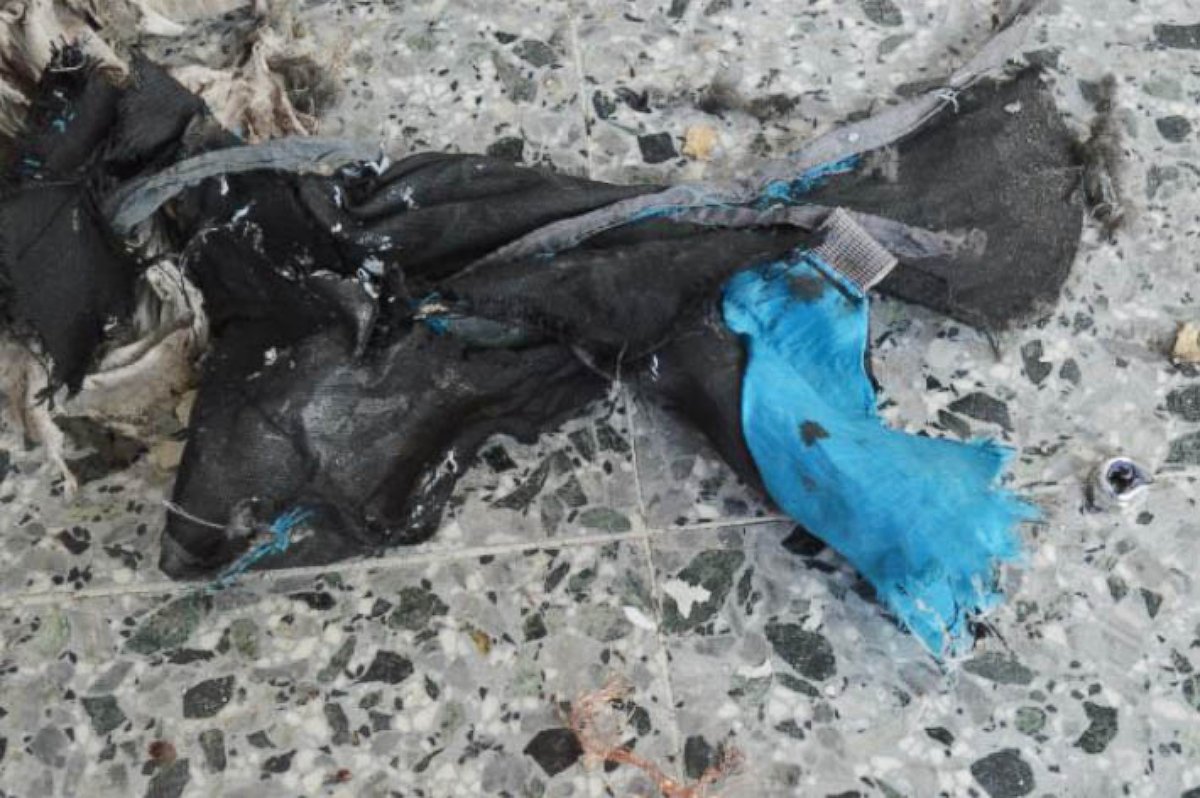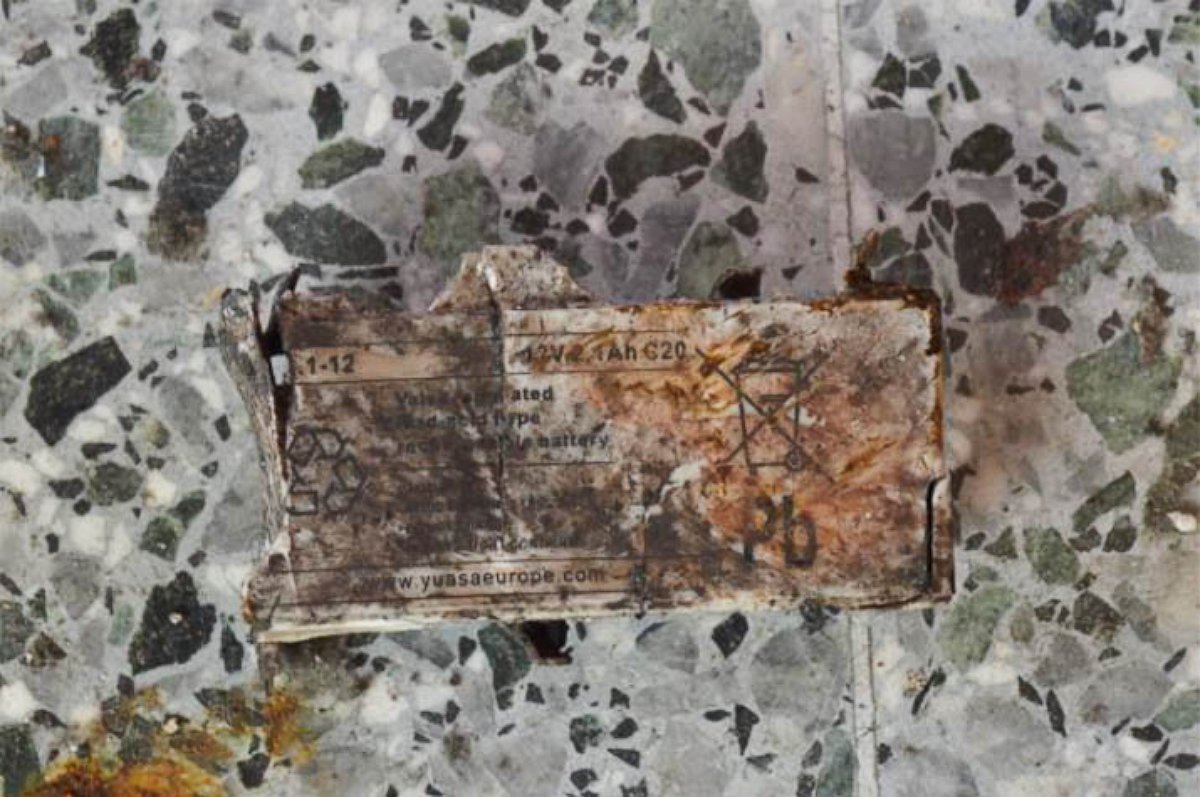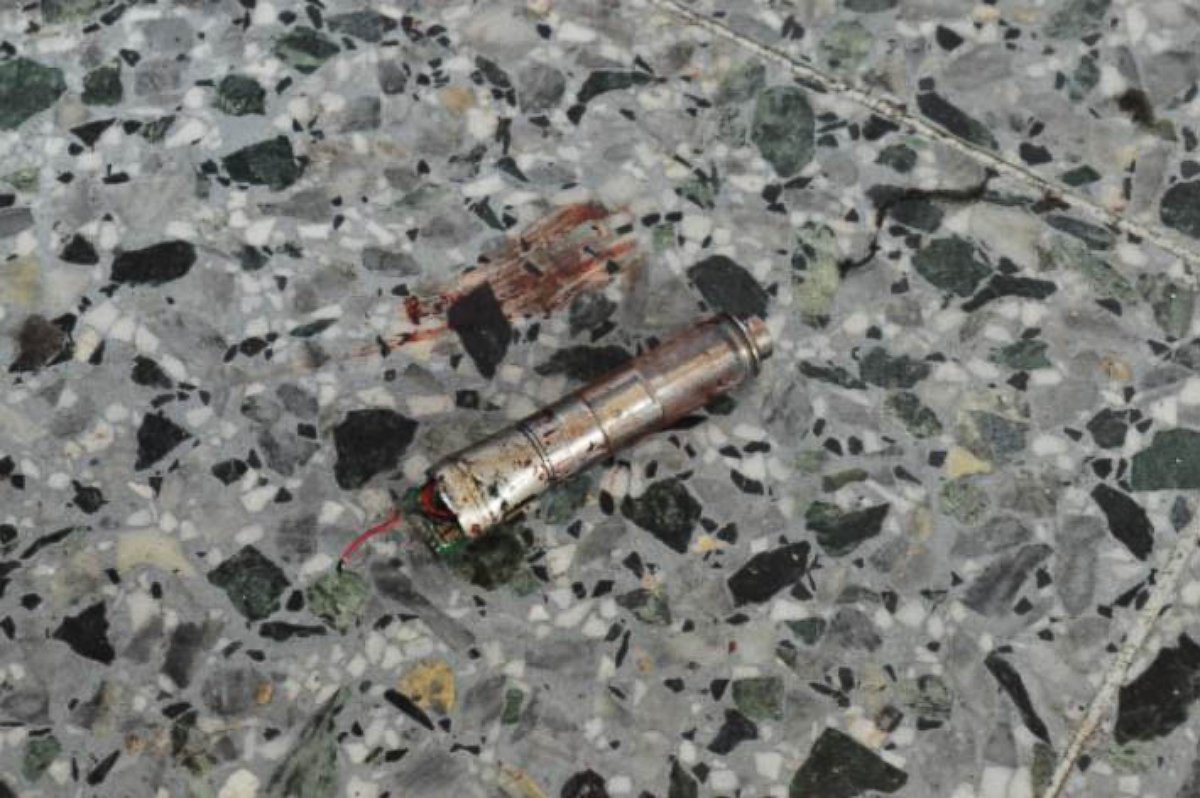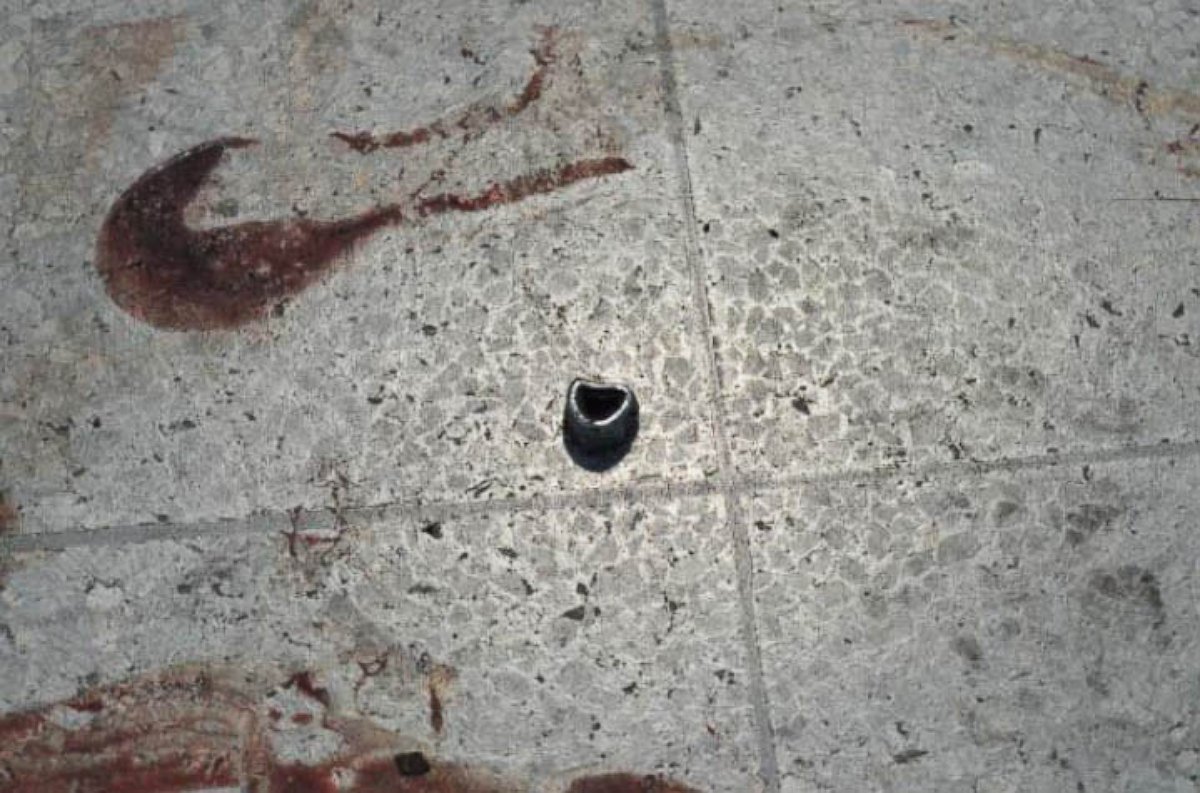Authorities find bomb-making workshop in Abedi's home, officials say
He had apparently stockpiled enough chemicals to make additional bombs.
— -- Authorities tell ABC News that they found a kind of bomb-making workshop in Salman Abedi’s home and he had apparently stockpiled enough chemicals to make additional bombs.
The hunt is intensifying for what British authorities suspect is a possible “network” behind the deadly suicide blast outside an Ariana Grande concert at Manchester Arena on Monday, officials say.
The search stretched from the U.K. to Libya, where officials made multiple arrests in a country seen by American officials as a burgeoning new base of operations for ISIS, which has claimed Salman Abedi was a "soldier of the Caliphate."
Counterterrorism officials fear whoever built the bomb that killed 22 people and injured more than 50 others may have built other improvised-explosive devices which could be used in further attacks.
“I think it’s very clear that this is a network that we are investigating,” Ian Hopkins, chief constable of the Greater Manchester Police, said in a press briefing.
According to a terrorism expert who has been briefed on the investigation, the bomb featured a sophisticated design similar to the bombs used in the attacks in Brussels in 2016.
The expert confirmed that Abedi traveled to Manchester Arena by train, likely carrying the bomb in a backpack. The device, a metal container stuffed with bolts and nails, was apparently hooked to a powerful battery and featured a remote, cell-phone detonator with built-in redundancies to ensure a blast even if a first attempt failed.
The design was sophisticated enough to bolster the theory that Abedi didn’t act alone, suggesting, according to the expert, “there’s a bomb maker on the loose.”
"It's really suggesting that he probably did not act alone, that he probably had some help, that he certainly had some advice on how to create the bomb," said Matt Olsen, former director of the U.S. National Counterterrorism Center and an ABC News contributor.
The New York Times first published photos of the materials from the scene.




A western counterterrorism official told ABC News hours after the attack that British-born Abedi had only days earlier returned from an extended trip to his ancestral Libya, which has seen large towns under ISIS control in the past two years.
Libyan authorities today arrested both the bomber’s father, Ramadan, and the bomber's younger brother Hashim. Ramadan told Reuters that Salman was not a member of any terror group, but a spokesperson for Libyan special forces told ABC News that, following his arrest, Hashim admitted his involvement in the plot and told authorities that he and Salman consider themselves members of ISIS.
Hashim knew his brother was planning a suicide attack, the spokesperson said, but he didn’t know the time or place or target. According to the spokesperson, Hashim said he and Salman had been studying ISIS videos online since 2015, including videos offering instruction on how to make a bomb.
British officials expressed anger at American security officials over the leak to U.S. news media of Abedi's name hours after the attack, when they already realized he might have accomplices they needed to locate as fast as possible to prevent more lives being lost in a followup attack, one senior western official told ABC News today.
Past plots to successfully attack Paris and Brussels were hatched by core-ISIS in its Syria stronghold Raqqa, but counterterrorism investigators believe Abedi dropped out of university in Manchester this year and visited Tripoli "to get some skills" from the terror group's operatives there. If true, it would be the first core-ISIS plot hatched from outside Syria and possibly signals a significant shift.
The U.S. military's Joint Special Operations Command has gradually increased its operations in Libya, killing the top ISIS leader last year in an airstrike and other senior leaders there.
The U.K. has raised its threat level and deployed troops including elite anti-terrorism commandos of the Special Air Service.
Aicha Hammar, Sohel Uddin, Dragana Javanovic, Megan Christie, Cho Park, Alex Hosenball and Pete Madden contributed to this story.




